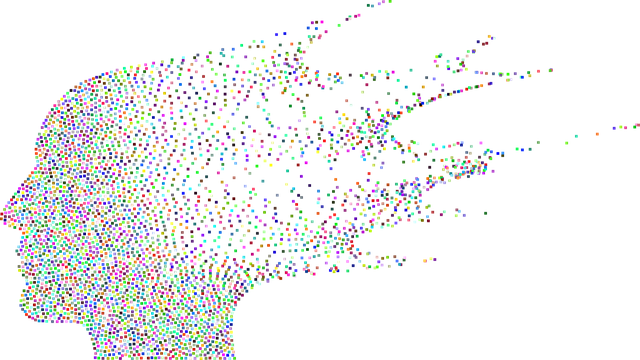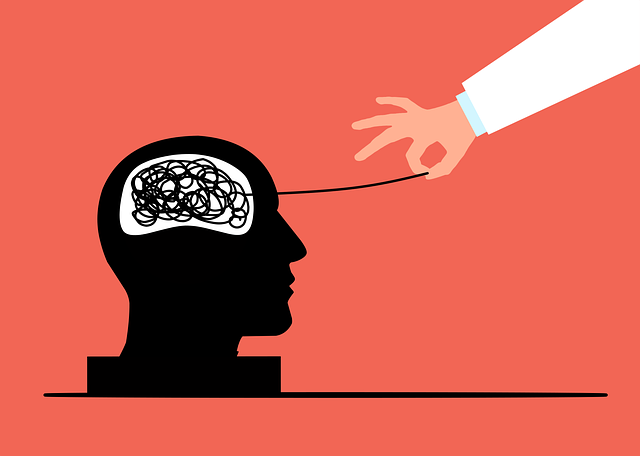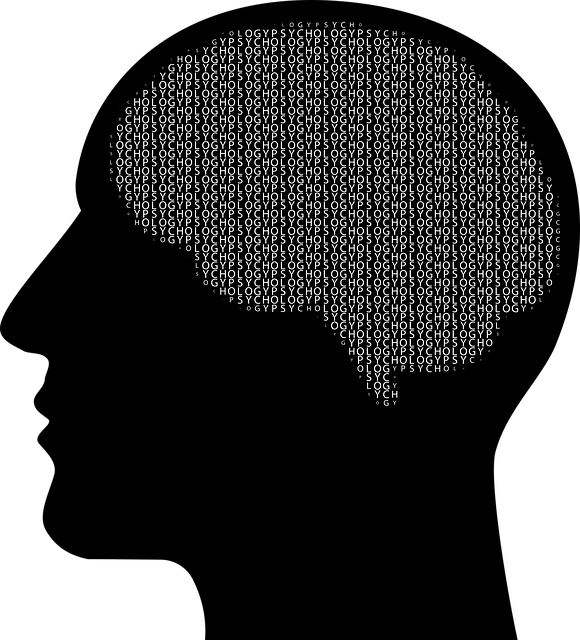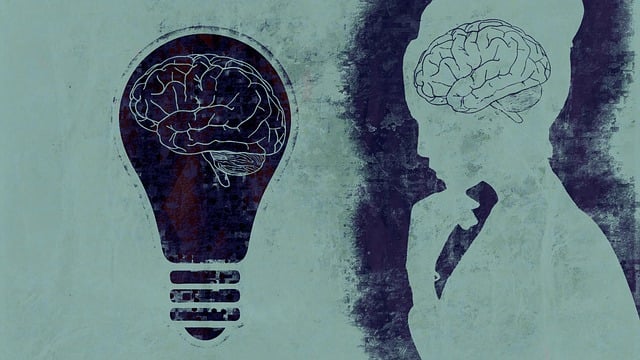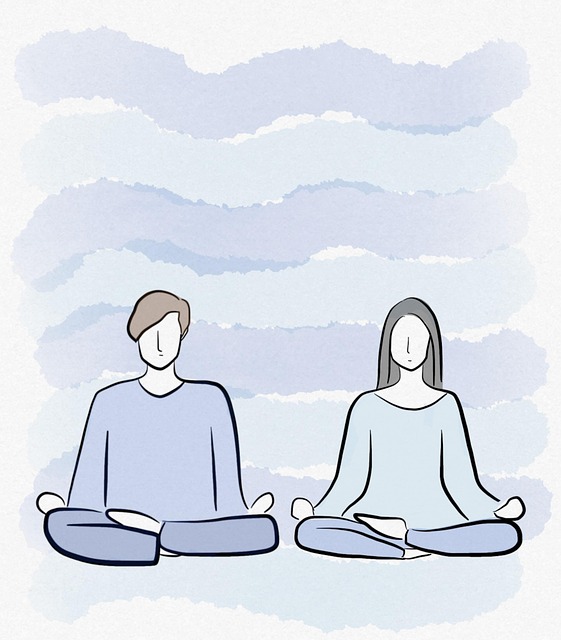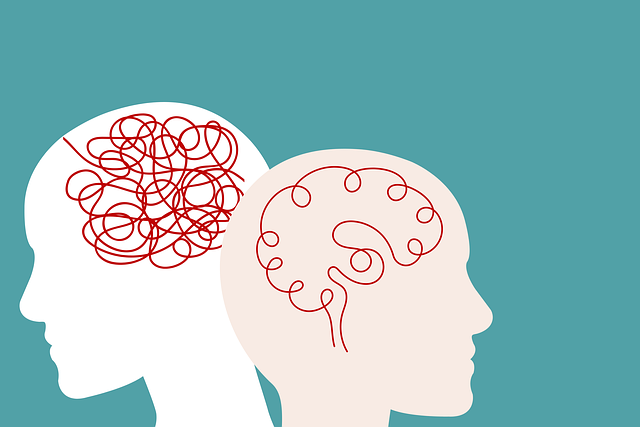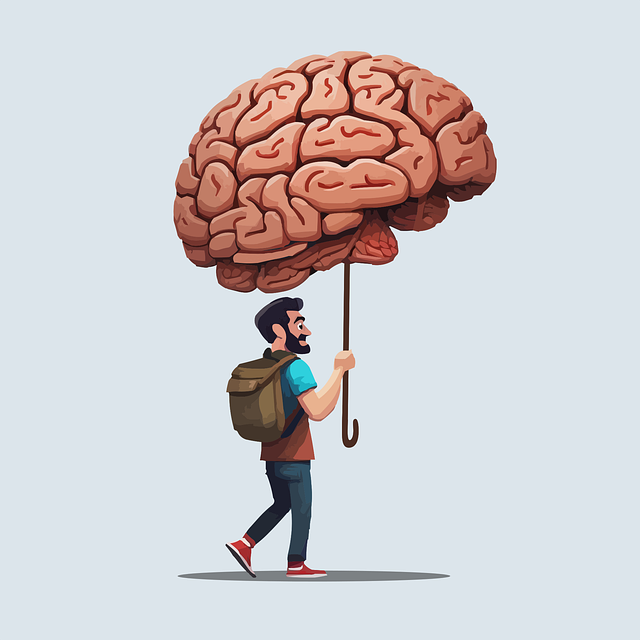The Parker Mental Health Evaluations are key tools for therapists, providing structured mental health assessments to enhance client resilience and well-being through tailored therapy sessions. Their RFM (Resilience, Flexibility, Mastery) model guides practitioners in designing personalized strategies using exercises like journaling and mindfulness, fostering flexibility, coping skills, and self-esteem improvement. Regularly Facilitated Mindfulness (RFM) exercises, evaluated within Parker Therapy, cultivate present-moment awareness, emotional regulation, social connection, and skill development, ultimately building resilient communities.
“Unleashing resilience is a powerful tool for personal growth, especially in today’s fast-paced world. This article explores an innovative approach to mental well-being through the integration of Parker Mental Health Evaluations and RFM (Resilience, Flexibility, Mastery) exercises. We delve into how these evaluative strategies can be a game-changer in therapy, offering a structured guide to enhancing individual and collective resilience. By understanding the power of Parker evaluations and implementing RFM practices, individuals can navigate life’s challenges with greater agility and strength.”
- Understanding Parker Mental Health Evaluations and Their Role in Resilience Building
- Implementing RFM (Resilience, Flexibility, and Mastery) Exercises: A Step-by-Step Guide
- The Impact of RFM Exercises on Enhancing Individual and Collective Resilience
Understanding Parker Mental Health Evaluations and Their Role in Resilience Building

The Parker Mental Health Evaluations are a valuable tool for therapists and counselors, offering a structured approach to assess and enhance clients’ mental health and resilience. These evaluations provide a comprehensive framework to understand an individual’s emotional state, strengths, and areas of improvement. By delving into various aspects of psychological well-being, such as self-esteem, coping mechanisms, and stress management, therapists can tailor their therapy sessions effectively. The process involves detailed questionnaires and interviews, allowing professionals to identify specific challenges and design personalized strategies for self-esteem improvement.
In the context of resilience building exercises, these evaluations play a pivotal role in guiding practitioners towards implementing relevant activities. They help in recognizing individuals’ unique needs, whether it’s developing emotional well-being promotion techniques or fostering coping skills to navigate life’s challenges. Moreover, the insights gained from Parker Mental Health Evaluations can inform the creation of targeted public awareness campaigns, ensuring that resilience-building resources are accessible and beneficial to a wide audience.
Implementing RFM (Resilience, Flexibility, and Mastery) Exercises: A Step-by-Step Guide

Implementing RFM exercises is a powerful approach to enhance resilience and foster emotional well-being, as supported by Parker Mental Health Evaluations Therapy. It involves a structured process that can be adapted for individuals or groups, promoting flexibility in navigating life’s challenges.
Here’s a simple step-by-step guide:
1. Identify the RFM Areas: Resilience focuses on coping strategies, flexibility involves adapting to change, and mastery encourages personal growth. Assess individual needs through mental health education programs design, tailoring exercises accordingly.
2. Set Realistic Goals: Break down each RFM component into manageable goals. For instance, for resilience, set targets like identifying coping mechanisms or developing a support network.
3. Design Activities: Create engaging activities that cater to each area. This could include journaling prompts for self-reflection, mindfulness exercises, or group discussions on mastering fears.
4. Provide Resources: Offer relevant materials such as books, online tools, or workshops to reinforce learning.
5. Offer Continuous Support: Encourage regular practice and provide ongoing guidance, ensuring individuals can apply their new skills in real-life scenarios, ultimately leading to improved self-esteem improvement.
The Impact of RFM Exercises on Enhancing Individual and Collective Resilience

Resilience is a key factor in navigating life’s challenges and stress, and Regularly Facilitated Mindfulness (RFM) exercises have proven to be powerful tools for enhancing both individual and collective resilience. These exercises, often incorporated into therapy sessions evaluated by Parker Mental Health, focus on cultivating present-moment awareness and emotional regulation skills. By regularly practicing mindfulness techniques, individuals can develop a deeper understanding of their thoughts and emotions, enabling them to respond rather than react in stressful situations. This promotes emotional well-being and fosters self-care practices that are essential for maintaining resilience over time.
Moreover, RFM exercises facilitate social connection and skill development by encouraging participants to engage with one another in a safe and supportive environment. Group sessions can enhance social skills training, where individuals learn to communicate effectively, build trust, and offer support to peers—all of which contribute to a robust collective resilience. When integrated into therapeutic frameworks, these practices not only empower individuals but also create a sense of community, further reinforcing the promotion of emotional well-being in a collaborative setting.
Parker Mental Health Evaluations offer a valuable framework for assessing and enhancing resilience, which is a key aspect of well-being. By integrating RFM exercises into therapy practices, professionals can empower individuals and communities to build mental fortitude. This step-by-step guide and the subsequent impact analysis highlight the accessibility and effectiveness of these exercises in fostering adaptability, flexibility, and a sense of mastery over one’s life. Through regular practice, individuals can cultivate resilience, leading to improved coping mechanisms and overall well-being.
